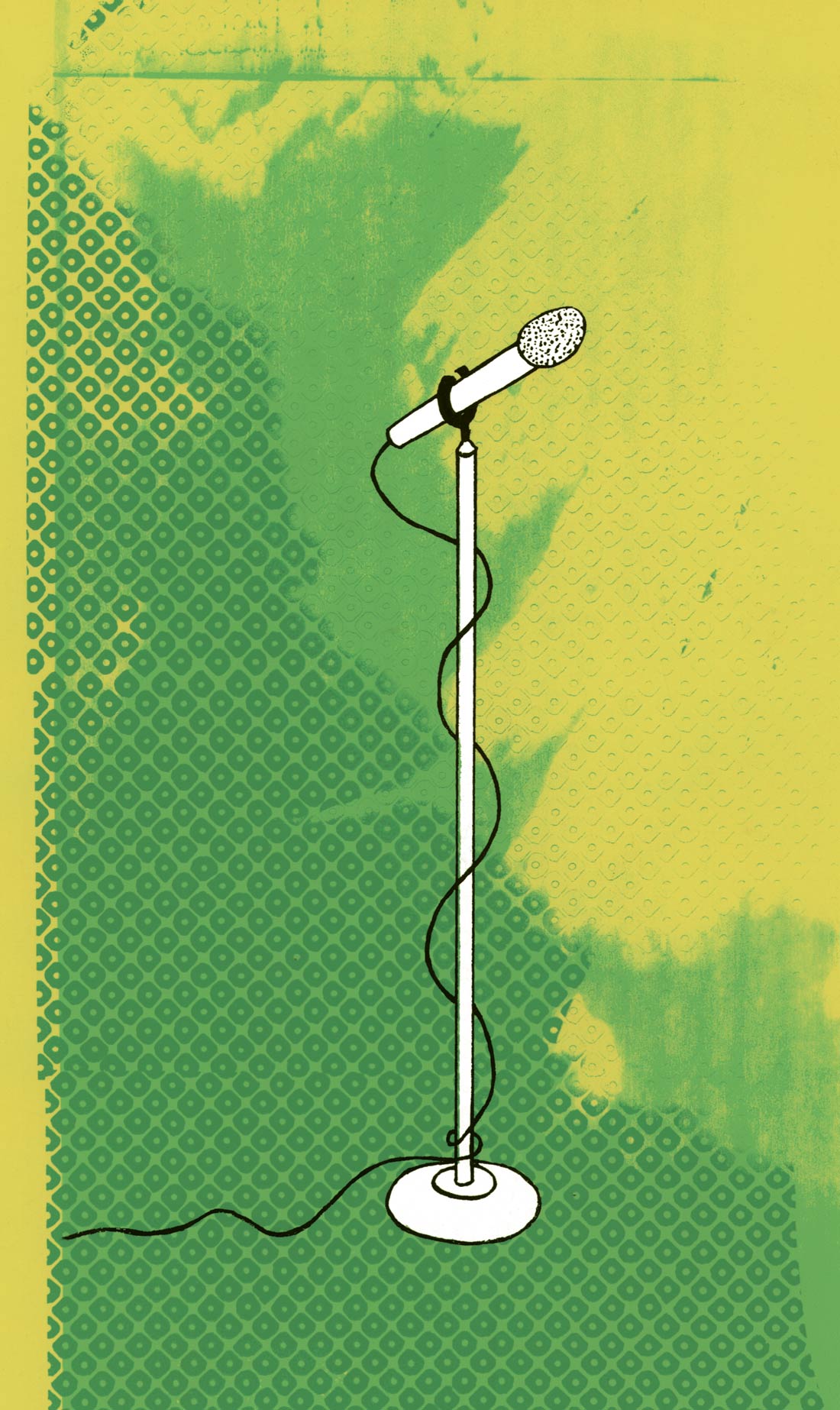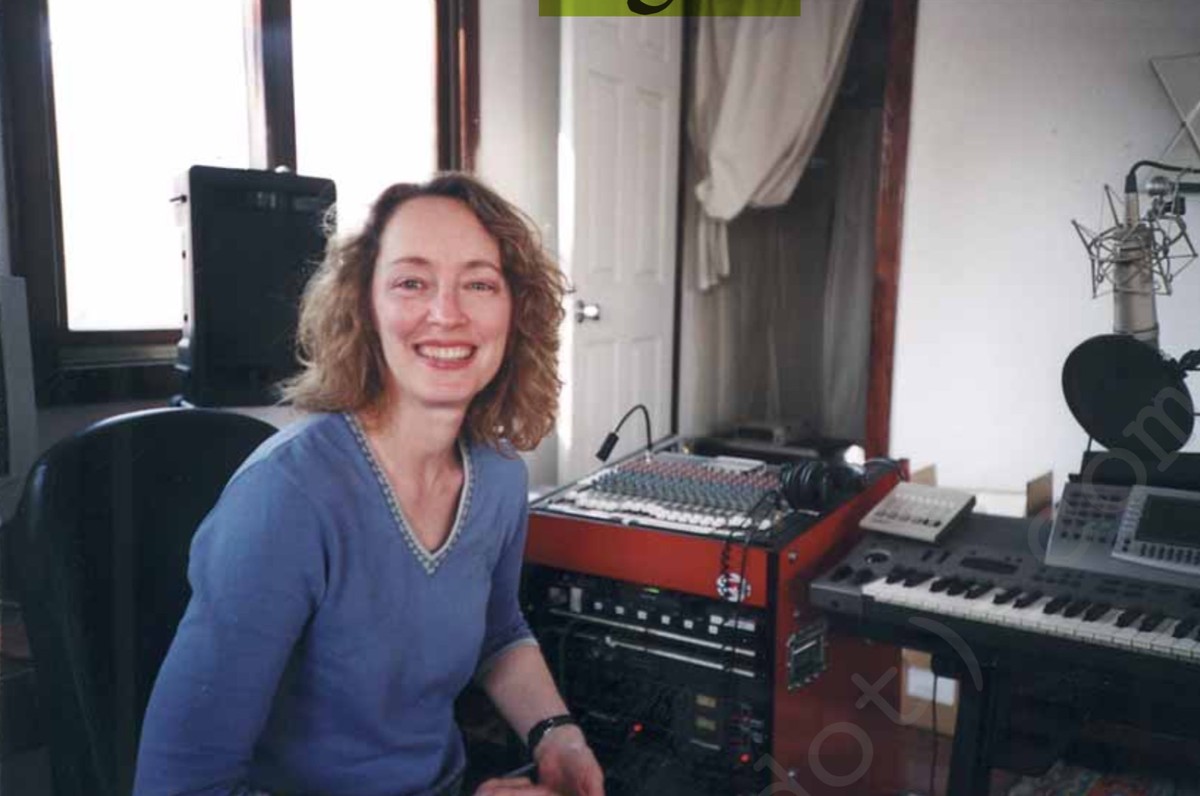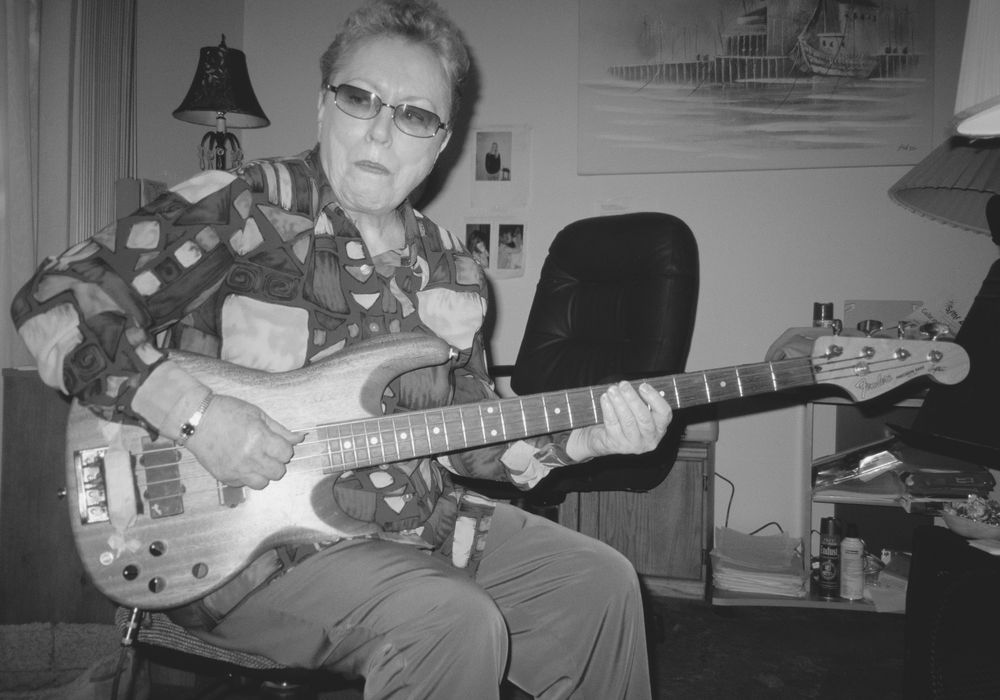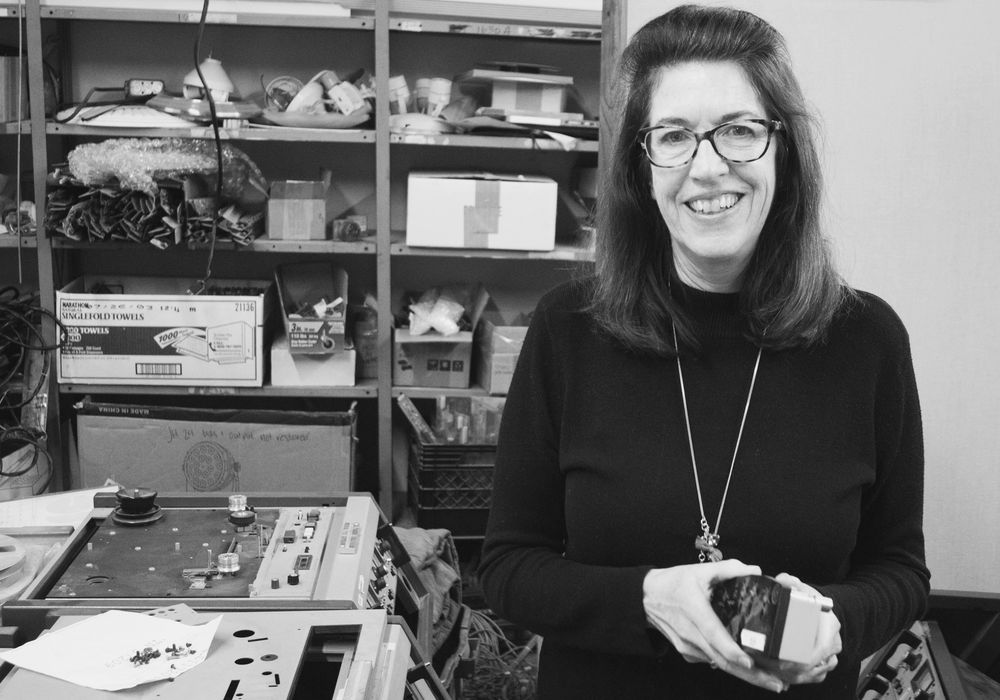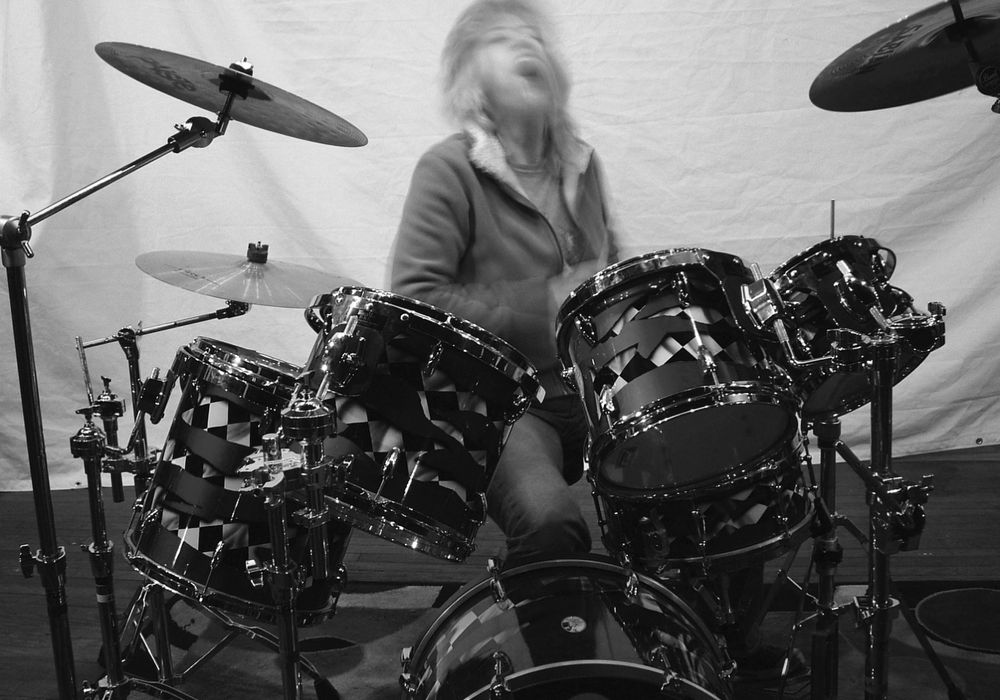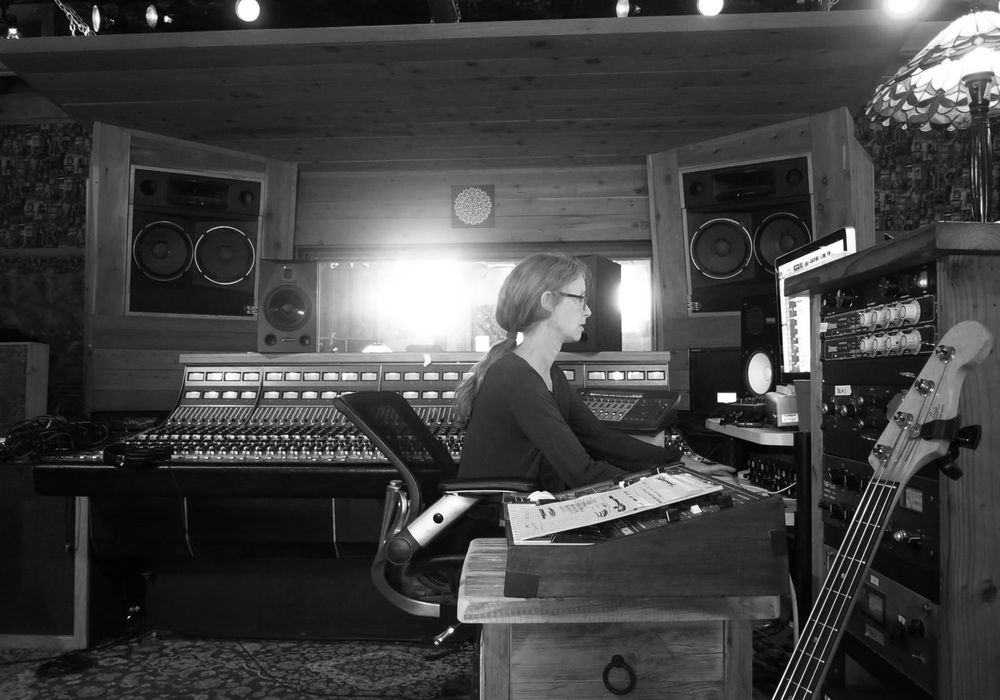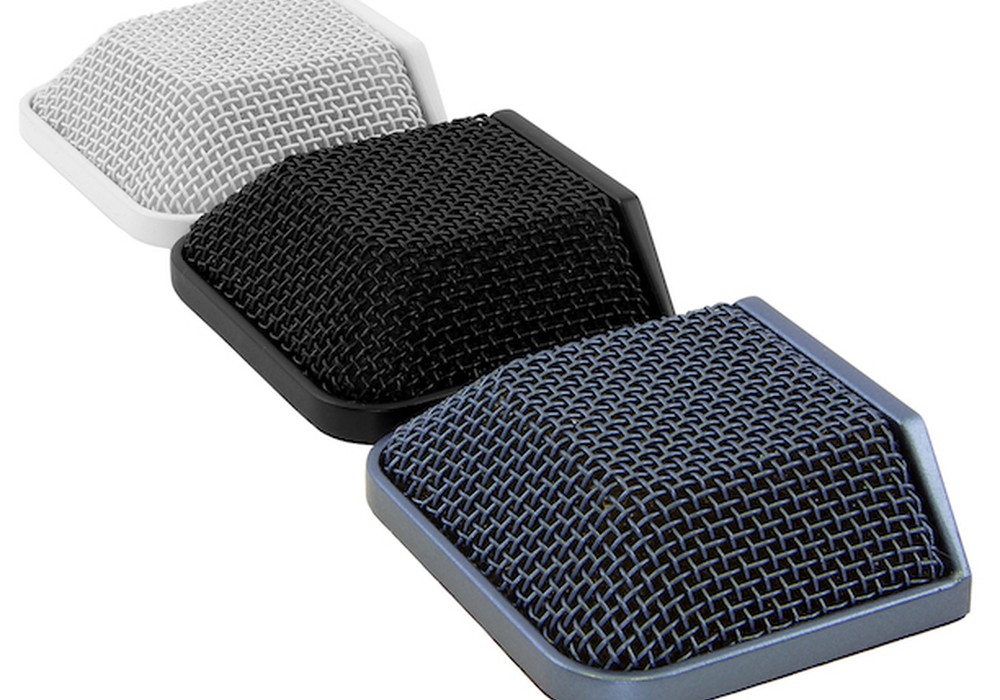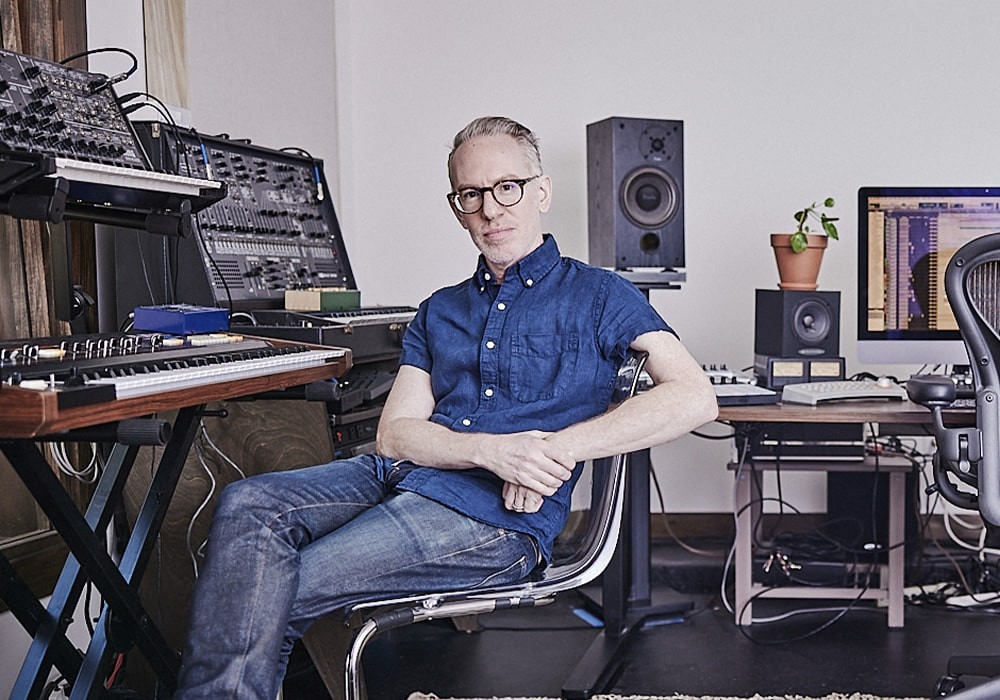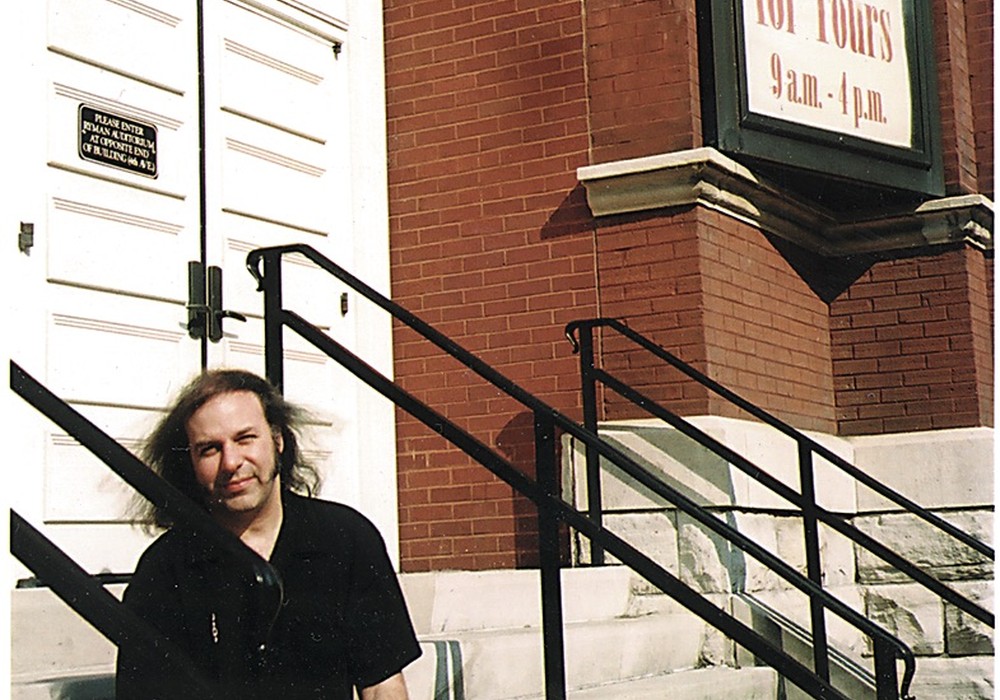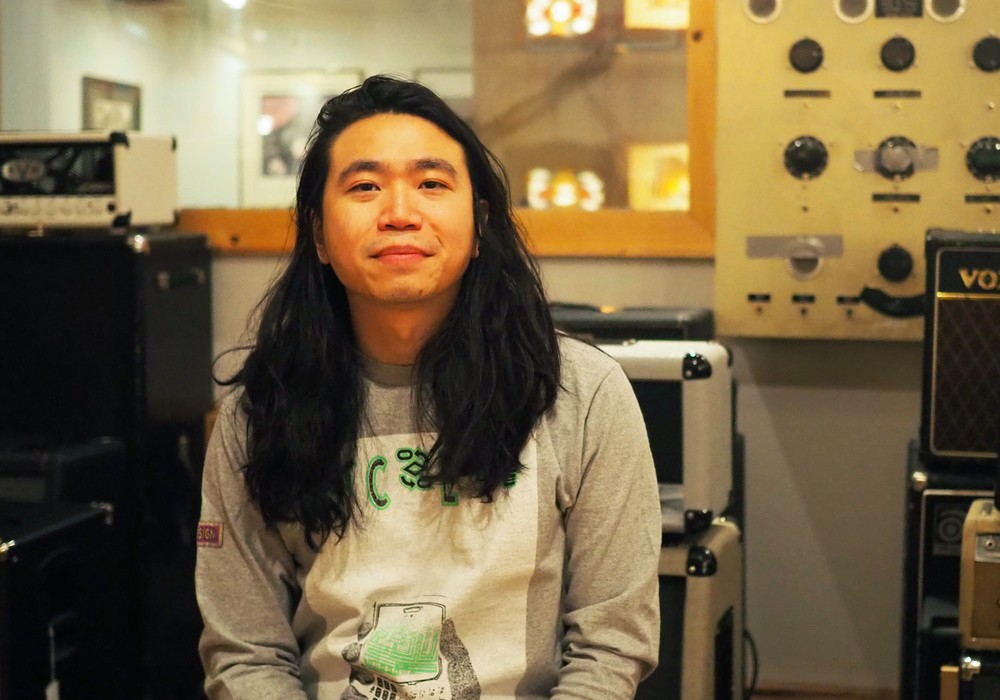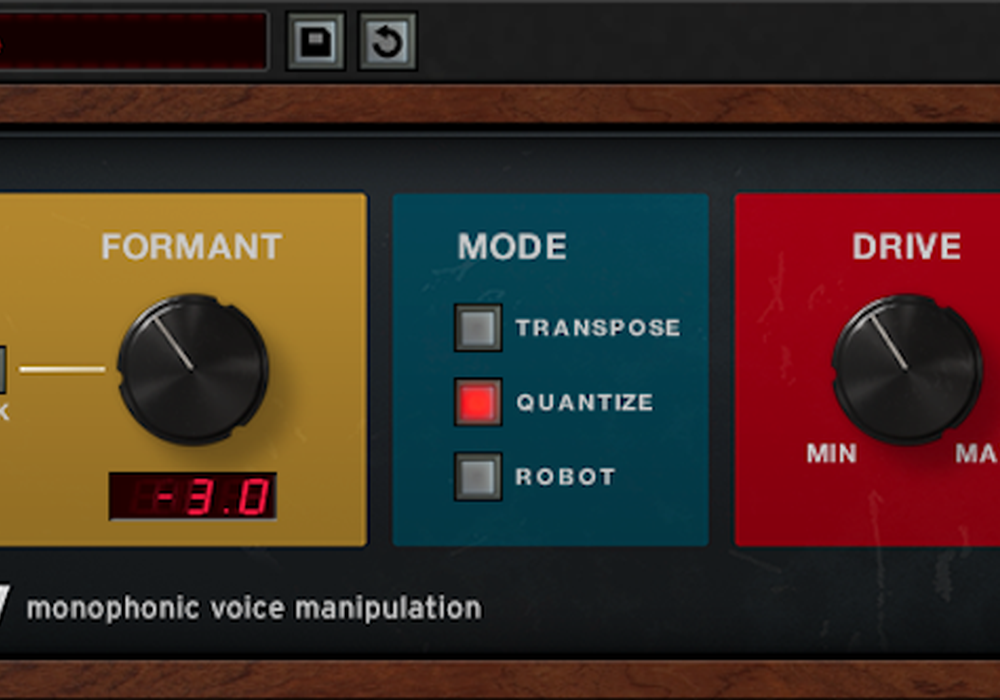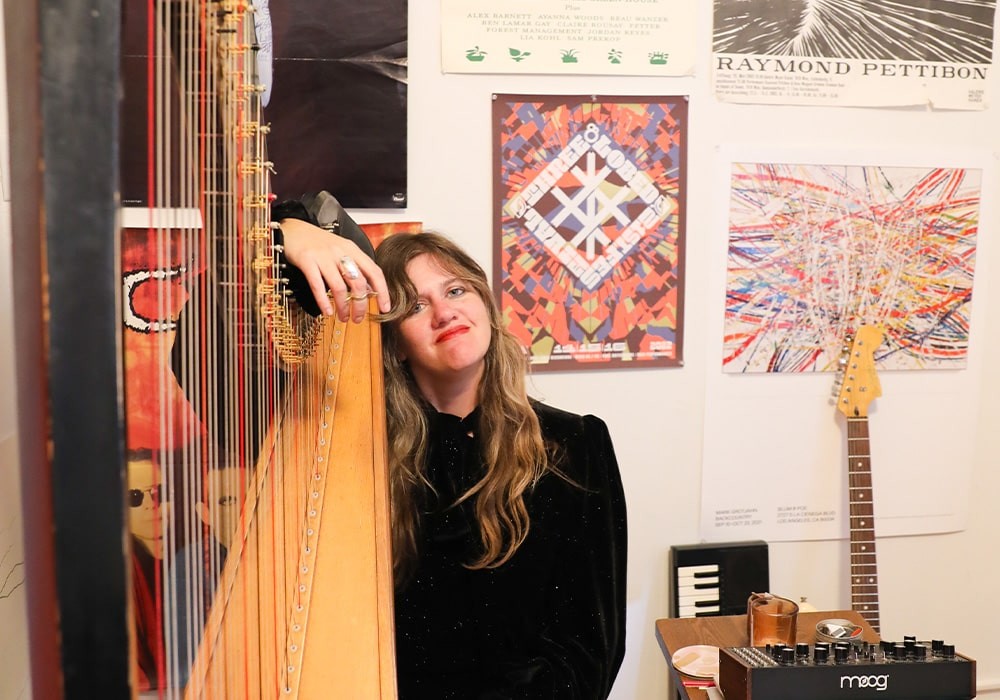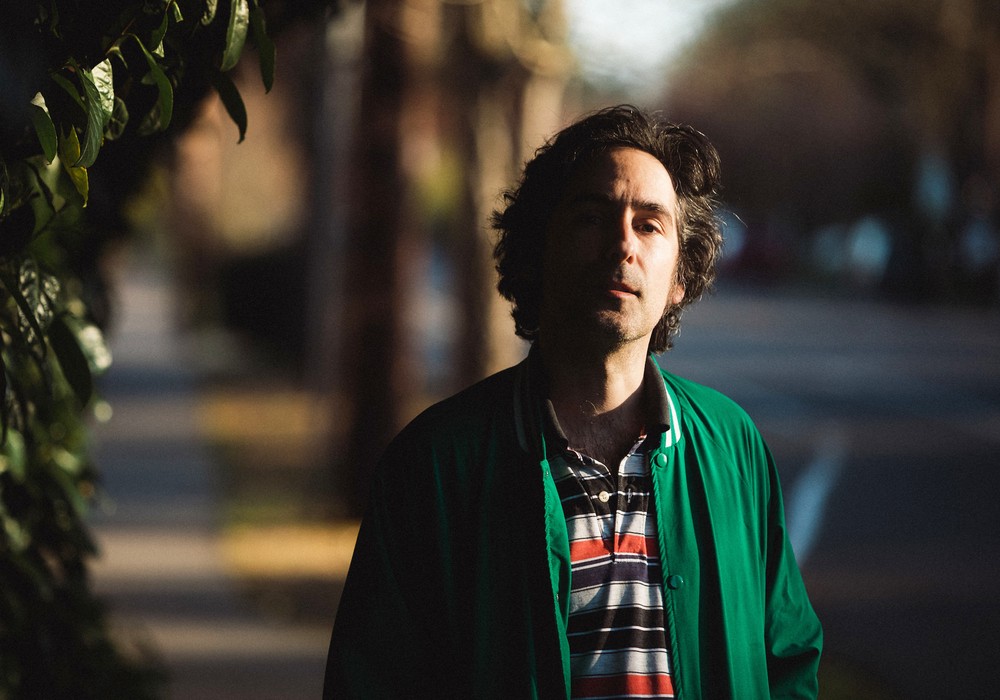I first worked with Leanne Ungar in 1992, when I was an assistant engineer at The Complex in West Los Angeles. The record was Leonard Cohen's The Future. Leanne has been engineering records for Leonard since 1984, and she's been in the recording business since the early '70s. She's engineered six of Leonard Cohen's records, and lots more from artists as diverse as Laurie Anderson, Cat Stevens, Holly Cole, and Perla Batalla. Leonard graciously allowed us to conduct the interview at Still Life, his private studio situated in a single room above the garage behind Leonard's house. Still Life is equipped with some very nice furniture, a digital workstation, a microphone and little more — no acoustic treatments or isolation, no racks of esoteric tube gear. Just the basic ingredients, a comfortable space, and plenty of sunlight. Leonard's latest record, Ten New Songs, was recorded and mixed in its entirety here and at co-writer/producer Sharon Robinson's home studio, Small Mercies. It's a great record and a testament to the potential of home recording in the right hands.
You got your start in recording in New York. Did you grow up there?
No, I grew up in the Midwest. Minneapolis. After two years of college — I was going to be a dancer — I went to New York City.
So how did you move into recording?
Well, I realized I wasn't going to be a professional dancer — too painful. [laughing] But I fell in love with New York, so I was looking for a way to stay there.
Music was obviously already a big part of your life.
Yeah, and I played the flute also. I always related to music in one way or another. I had a lot of friends who were musicians, I was hanging out with them, and I saw the studio and just loved it.
What studio was that?
Actually the first studio I was ever in was Richard Factor's, who started Eventide. He had a studio in New York for a long time — I don't think it's there any more — and the band I was working with did a demo there. And I just kind of walked in and went, "Wow! I gotta do this."
Did you immediately start looking for a job at a studio?
Well, I had a job at a publishing house, and they were doing... like, math lessons on cassette, little [educational] skits. So I made them teach me how to use all the equipment, and then I'd sneak my friends in at night and record music. Eventually they hired me [to do recording], and I did about another year's worth of voice recording, editing, and mixing sound effects for them. And then I went to Sound Ideas.
How was that studio set up? That was 1973, right?
Yes. It was really interesting because things were just changing over to 16-track at that point. They had an 8-track recorder that they could put 12-track heads on, a 1" machine. And then the first 16- track they got was an Auto-Tec, a dual-capstan machine made by a company called United Recording. They just had one studio, and during the second year that I was there, Geoff Daking built a studio downstairs, below the other one. So I got to help wire the studio, and watch them put the acoustics together.
Was Geoff already building his own gear?
No, but he was the chief engineer and also the maintenance tech. He knew a lot. He really kept that place running. He taught me how to solder, how to trace a signal path through the board, pull a card, find the problems... and he kept that dual-capstan machine going. It was kind of dodgy — sometimes one capstan would get out of alignment with the other, and it would start to kind of eat the tape.
Yikes!
It was really scary. So anyway, he got an Angus board for the downstairs room. The upstairs had a 20-input API board, with eight busses and four aux sends!
What did you learn from Geoff about making records?
He taught me everything. He's a drummer — he started out in the Blues Magoos in the '60s. He taught me how to get drum sounds, and how to tune drums, which is really important. One of the most interesting things to me about being in that situation with Geoff was, he would tune the drums — say a jingle was coming in early in the morning — we'd get a drum sound based on the way the drums sounded when he was playing them, and then the drummer for the session would come in and it would sound completely different. Same set of drums, same tuning. Ding! [she makes the "light bulb on" sound] You know? Pianos sound different with different people playing — everything does — there's so much in the fingers.
How did you meet Laurie Anderson?
I was a fan. And I think the reason I was a fan was because we had friends in common, so they heard her very early on and said, "You have to hear this person." Anyway, her business manager at the time knew that I was an engineer, and passed my name on...
